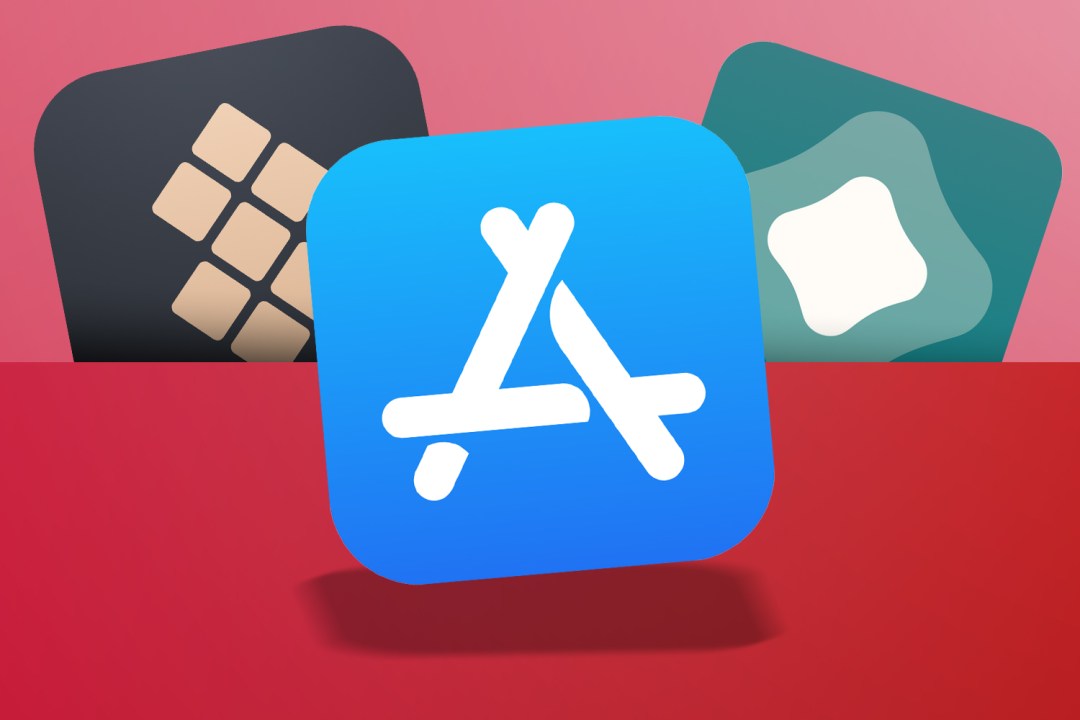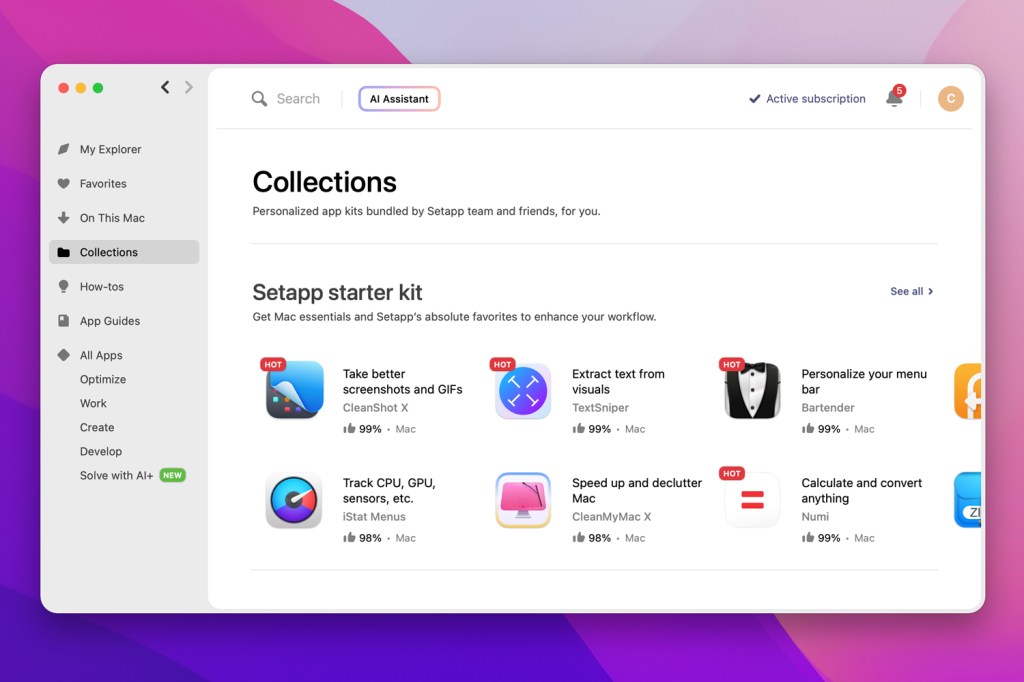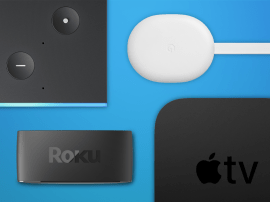Why apps could be Apple’s next subscription service – and what stands in its way
Would all-you-can-eat iPhone apps be a masterstroke or have developers scream “what’s ’appening”?

You might argue that subscription services are the future, but you’d be wrong. They are the present. Everything has to be a subscription now. There are even sock subscriptions, which deliver new, fancy foot coverings to your door for a low monthly fee. Which brings me to Apple. It’s not about to start renting socks. (The company long ago left behind knitted accessories.) But Apple might soon start offering a subscription service for apps.
To be clear, I’m not talking about apps with subscriptions. This isn’t a prediction that even quite basic apps will attempt to charge you a fiver a month for merely existing on your phone. Plenty do that already. I’m talking about something like Apple Arcade, but for apps. Apple would charge you a fixed, monthly fee. You’d get a bunch of useful apps to use whenever you like. A tiny fanfare would erupt in the distance. And Apple’s CFO would perform a happy jig at the annual Christmas bash, if the new service got enough sign ups.
But would it? And can it even exist in the first place? More to the point, should it?
App to the future

You might note all-you-can-eat app subscriptions are not new. But that hasn’t stopped Apple in the past. It didn’t create the first computer, the first music player, the first phone, or the first smart watch. But look around and you might spot that the Mac, iPhone and Apple Watch are doing pretty well. And the main reason the iPod is dead is because Apple made it redundant by mashing its functionality into a phone.
What we can do is examine what else is out there – and how Apple might respond to competition. Over in Android land, there’s Google Play Pass. A fiver a month gets you enough games to choke a riftworm and a bunch of apps. Some are pretty great, including Stop Motion Studio Pro, Alarmy, Infinite Painter, and Star Walk 2. But given the far greater richness in the iOS app ecosystem, Apple would see more value in a bespoke app service, rather than welding apps to Apple Arcade.
There’s also Setapp. This subscription service for Mac charges $9.99 per month for access to a selection of hand-picked and often excellent apps. Regularly use a couple of heavy hitters that have their own subscriptions – such as Ulysses and MindNode – and you end up saving money by using Setapp. Barg.
App it up

Intriguingly, Setapp might force Apple’s hand in another way: Setapp Mobile. Until now, some apps offered cross-device unlocks. However, this store – EU-only for now – will be iPhone-first, and it aims to provide high-quality apps – including those barred by the App Store.
Given the App Store’s critical role in Apple’s success and revenue, it’s unlikely the company will relinquish control easily. If Setapp Mobile is perceived as a threat, Apple might counter with its own subscription service. And if you think Apple is above such shenanigans, consider this: while AltStore – a third-party app store that grabbed headlines primarily due to emulator Delta – languished in app review limbo, Apple suddenly deemed emulators on the App Store OK. Coincidence? Sure.
Whether an Apple app subscription service would be viable is another question. Developer relationships are strained, and it’s uncertain if an app’s inclusion in an Apple service would compensate for lost sales and subscriptions elsewhere. Apps might be too niche for a mass-market subscription model, and the transient nature of subscription content feels more problematic for apps (which people might rely on) than for games or TV.
However, Apple pivoted from one-off purchases to subscriptions for music, TV, games and even phones. Apps are a logical next step. The challenge is whether Apple can do enough to make everyone ‘appy’ – but there’s no better place to start than at WWDC24.



